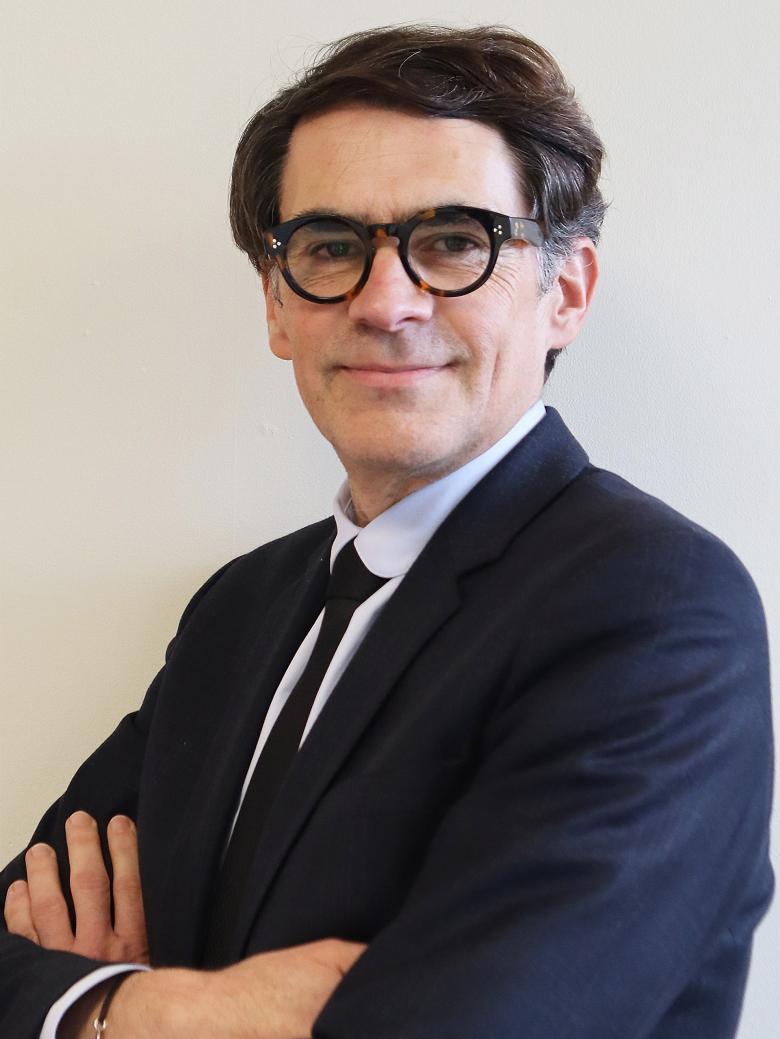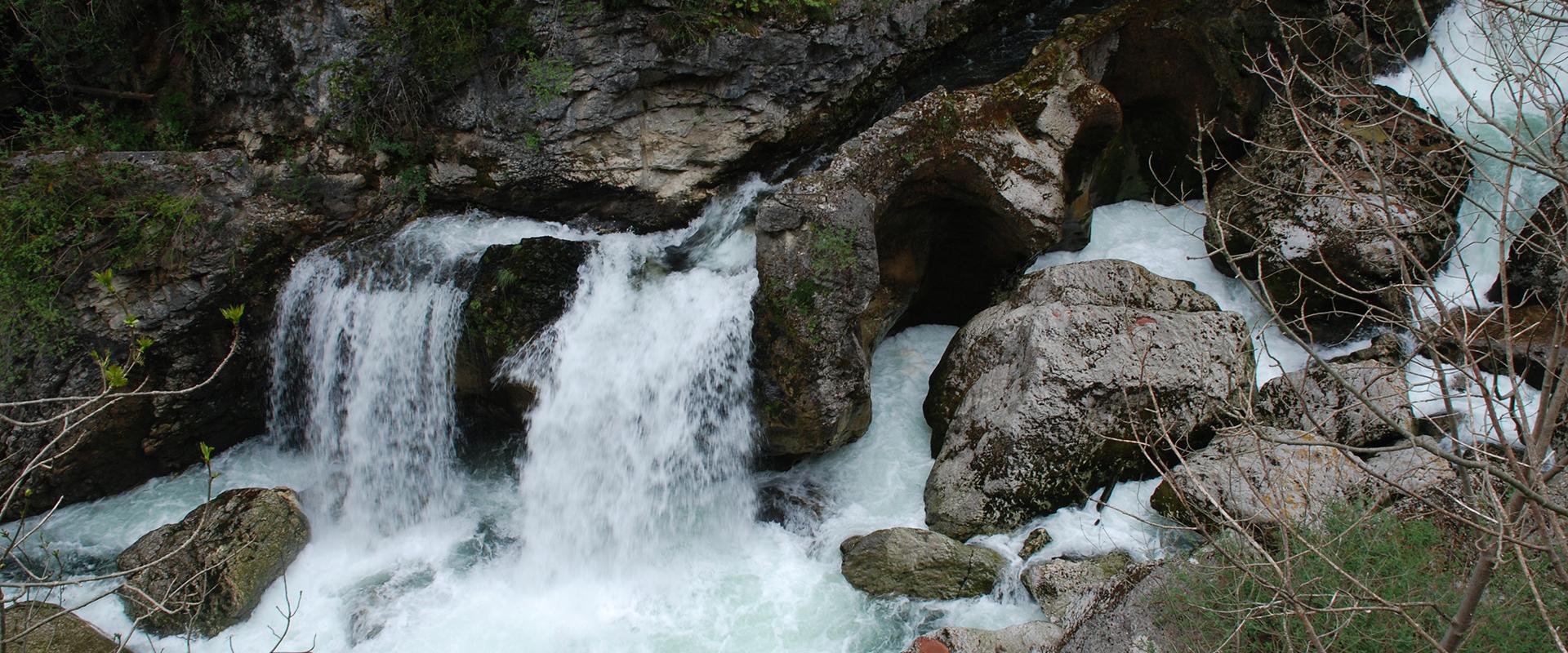
Alain Porteret, Director of Development, Veolia Eau Hauts-de-France (2021).
© Veolia Eau Hauts-de-France
Interview of Alain Porteret, Director, Development, Veolia Eau Hauts-de-France.
You are in a way a pioneer with this agreement?
Alain Porteret : It’s a recent partnership (dating back two years), which took the form of an agreement between BRGM and Veolia Eau in the Hauts-de-France region. Its aim is to enhance the value of our responses by renewing or winning public service delegation contracts through calls for tenders, including, and this is the real originality, a research and development component on sanitation or drinking water.
BRGM provides us with its scientific expertise. This approach is a first for the Group on a national scale.
How does this cooperation work in practice?
A. P. : Once the project has been accepted by the local authority, a scientific council is set up, bringing together representatives of the local authority, BRGM and Veolia. We address medium- and long-term issues, which allow us to build relevant and sustainable local policies for water and sanitation, and to provide more reliable input for public decision-making. For example, we propose to model hydrogeological basins to anticipate the evolution of resources in a context of global warming. We also seek to understand the impact of soil pollution, and to determine how we can protect groundwater, runoff phenomena and the possibilities of replenishing rivers during low-water periods.
We also address the issues of ReUse (reuse of treated wastewater): how to treat wastewater and reuse it? For what purposes? Our work complements that of the BRGM teams and vice versa. The latter provides expertise on subsurface ground and climate change. Preliminary consultation allows the Public Laboratory to make research proposals. These proposals, once selected, are included in an R&D programme that gives rise to concrete and realistic recommendations or action plans.
What are the results of this cooperation between Veolia and BRGM?
A. P. : This collaboration between the public and private sectors is quite original. BRGM’s scientific guarantee provides us with real added value for decision-makers.
The results are extremely positive, because even though it costs money, the communities are satisfied with the approach. Four projects have been appraised, two of which have already been concluded.
For communities, the immediate usefulness is that they can anticipate risks and make the right long-term decisions. Furthermore, despite differences between BRGM and us, there is no clash of cultures but a real dialogue. BRGM understands our constraints as an operator, we each make allowances and the culture of each organisation is respected. Currently deployed in the Hauts-de-France region, this offer could be extended to other regions.







